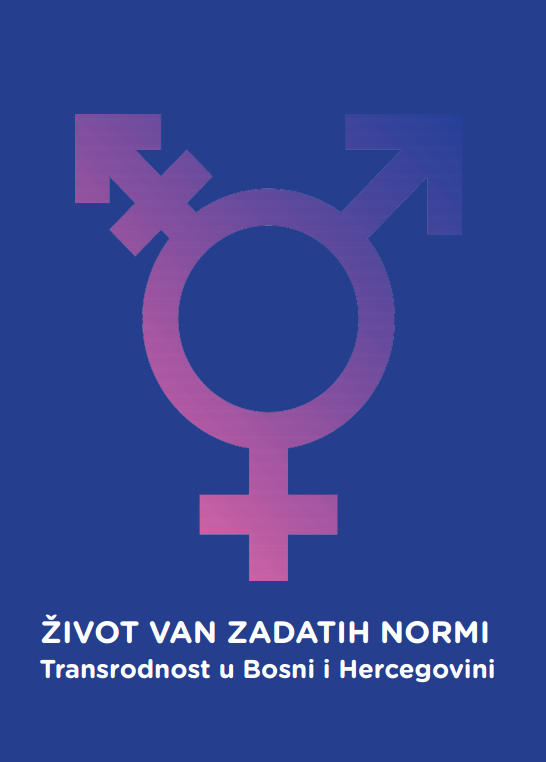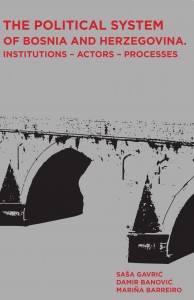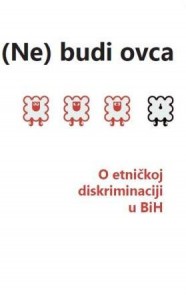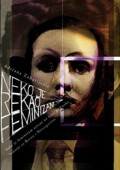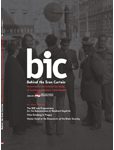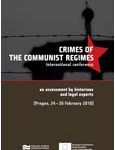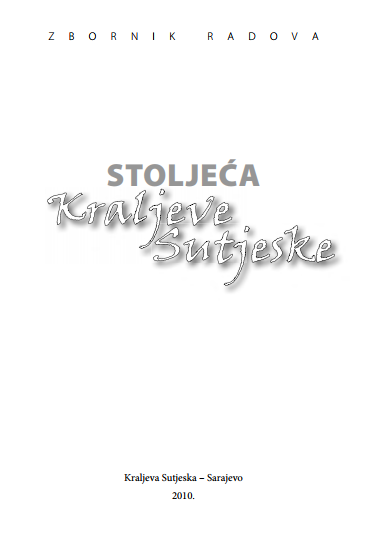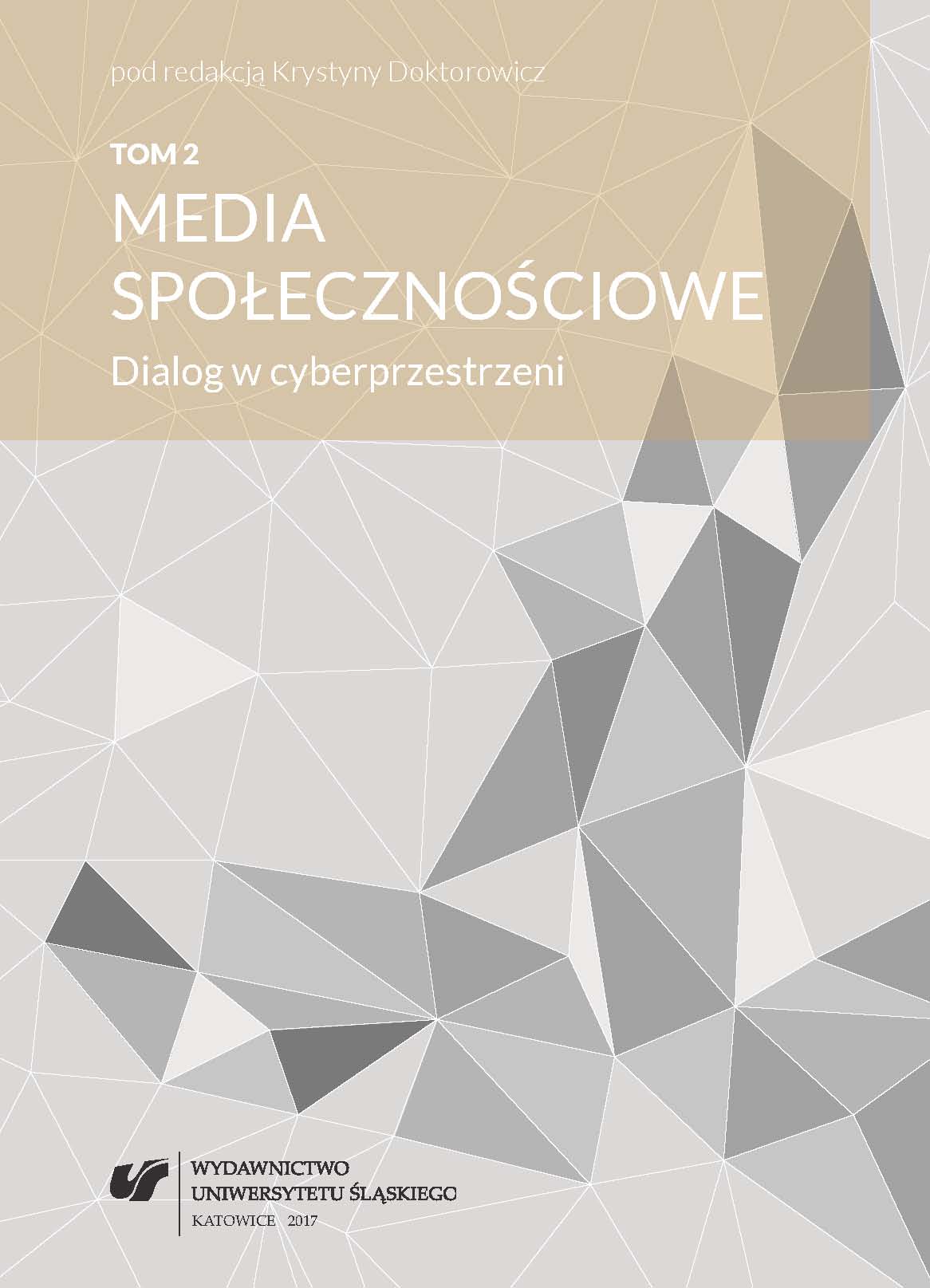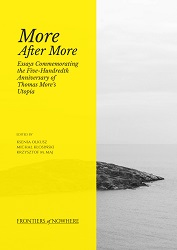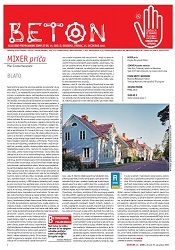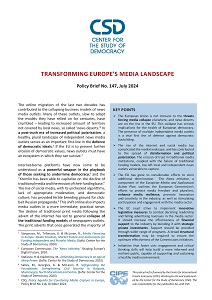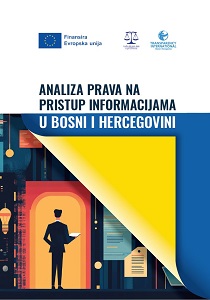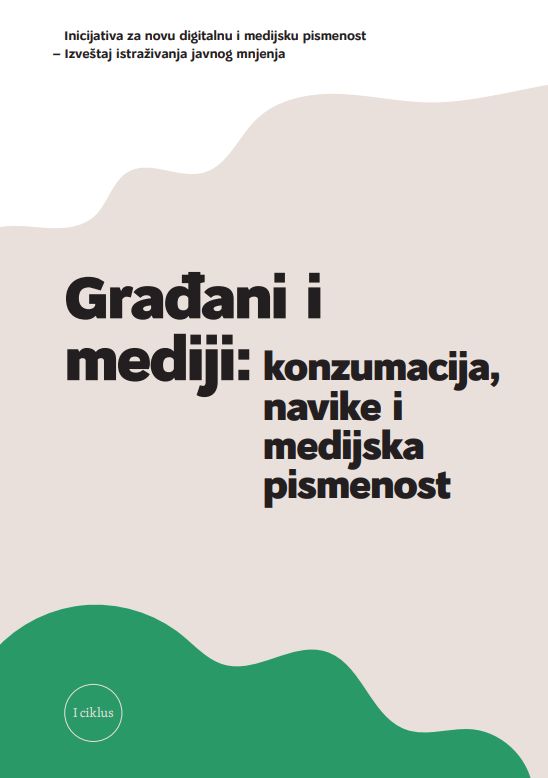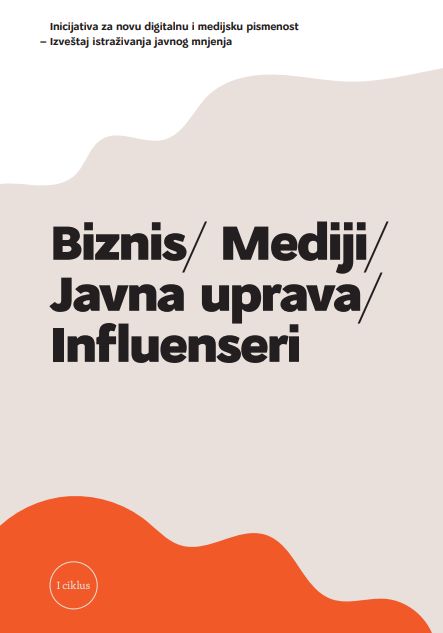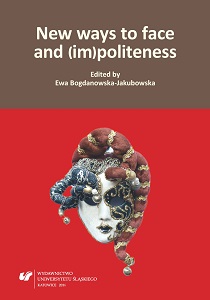
Analysis of Japanese political analytic articles: Making face salient to explain actions in political interactions
In Japanese newspapers and web journal articles analysing political and international relations, the Japanese counterparts of the term “face”, for example kao, mentsu, taimen (Yabuuchi, 2004) as well as tachiba, considered as the key to describe interpersonal relationships (Haugh, 2005), are frequently used. The emic notion of Japanese face and its construals (Spencer-Oatey, 2007) are used to explain actions or the lack of actions by a politician and a government as a result of saving or claiming face. The face that each participant, be it a person or an organisation, claims is an image of itself, formed through ongoing relationships among participants and observers in the political arena. Facework among the participants unfolds in forms of decisionmaking, political power game and war. Goffman’s (1967) formulation of face and facework is still applicable in describing the face of a politician and a government in these articles.The aim of this chapter is to analyse the Japanese emic face on its own through the analysis of Japanese political analytic articles, which make direct references to emic notion of face as cultural insiders (Haugh, 2013). I will firstly demonstrate how Japanese emic face is applied to describe intra-national and international political relations in Japanese political analytic articles. I will then reaffirm the ongoing nature of face, both between participants and in public, and the role that non-participants play in maintaining one’s face.
More...
